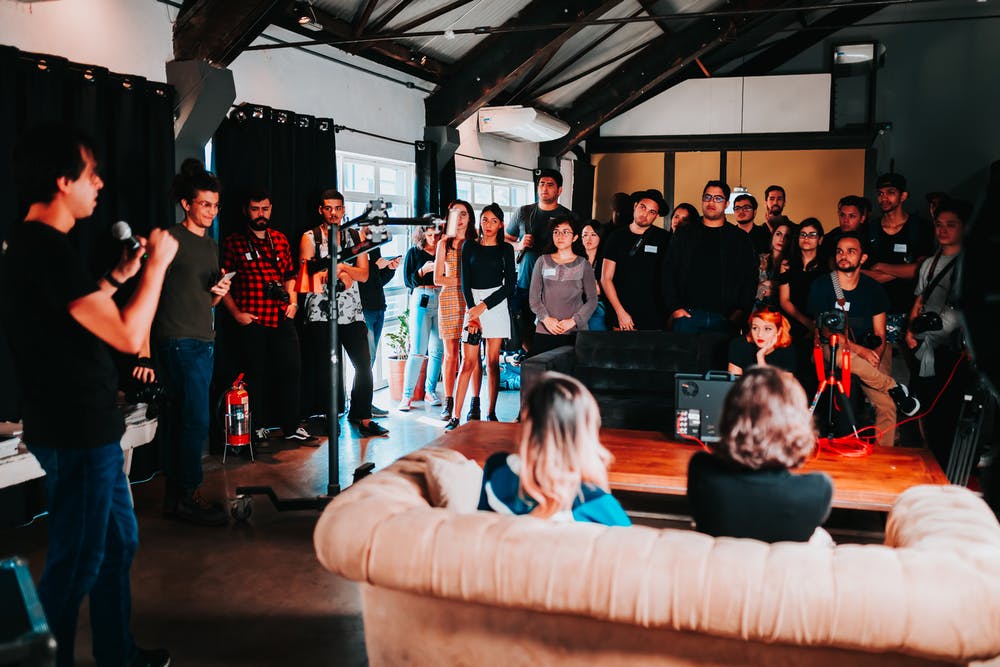What is an Intelligent System?
Find out how researchers are designing intelligent systems of the future -
and how students are envisioning them!
Learn from Experts.
Discuss cutting edge technology and applications of intelligent systems
with leading experts from industry and academia.
- 00Days
- 00Hours
- 00Minutes
- 00Seconds
JOIN THE EVENT
Why attend business event
-
Great Speakers
How you transform your business as technology, consumer, habits industry dynamic
-
Networking
How you transform your business as technology, consumer, habits industry dynamic
-
New People
How you transform your business as technology, consumer, habits industry dynamic
-
Have Fun
How you transform your business as technology, consumer, habits industry dynamic
OUR SERVICES
Our Awesome Services
Awesome Courses
Lorem ipsum dolor sit amet, consectetur adipiscing elit. Ut elit tellus, luctus nec ullamcorper mattis, pulvinar dapibus leo.
Medical Service
Lorem ipsum dolor sit amet, consectetur adipiscing elit. Ut elit tellus, luctus nec ullamcorper mattis, pulvinar dapibus leo.
Many Sports
Lorem ipsum dolor sit amet, consectetur adipiscing elit. Ut elit tellus, luctus nec ullamcorper mattis, pulvinar dapibus leo.
Online Courses
Lorem ipsum dolor sit amet, consectetur adipiscing elit. Ut elit tellus, luctus nec ullamcorper mattis, pulvinar dapibus leo.
Transportation
Lorem ipsum dolor sit amet, consectetur adipiscing elit. Ut elit tellus, luctus nec ullamcorper mattis, pulvinar dapibus leo.
Customer Support
Lorem ipsum dolor sit amet, consectetur adipiscing elit. Ut elit tellus, luctus nec ullamcorper mattis, pulvinar dapibus leo.
Get Personalized All Categories Recommendations.
Lorem Ipsum is simply dummy text of the printing and typesetting industry. Lorem Ip typly five centuries, but also the leap into electronic typesetting, remaining essentially unchanged. It was popularised in the 1960s with the release of Letraset sheets containing Lorem Ipsum passages, and more recently with desktop publishing software like Aldus PageMaker including versions of Lorem Ipsum
MEET
Leading Experts from Around the World
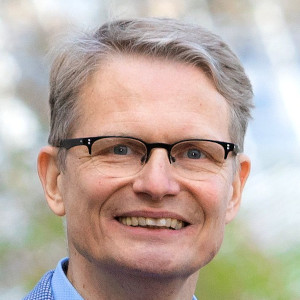
Marius Grundmann
SaxonQ
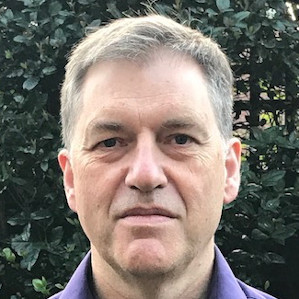
Michael Fisher
University of Manchester

Maaike de Boer
TNO
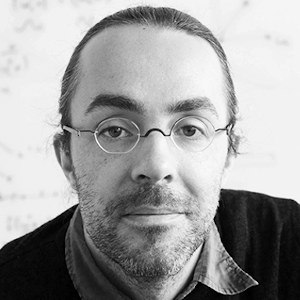
Fabian Sinz
University of Göttingen

Arif Ali Khan
University of Oulu
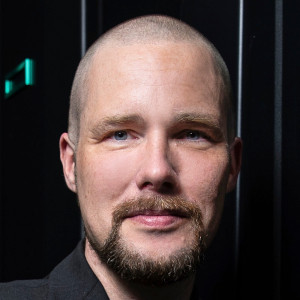
Jonas Andrulis
Aleph Alpha

András Salamon
University of St Andrews
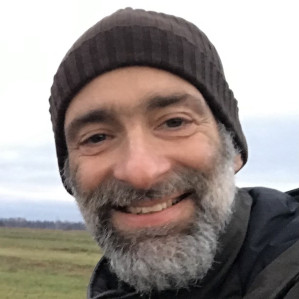
Carsten Lutz
Leipzig University
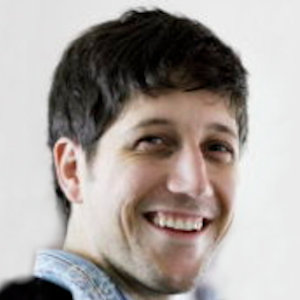
Martin Trefzer
University of York
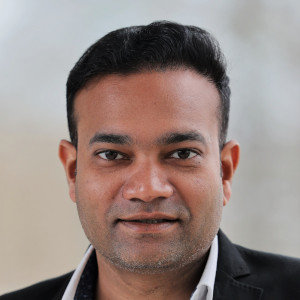
Chandan Kumar
Fraunhofer IAO
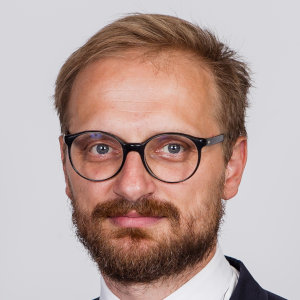
Wilfrid Utz
OMiLAB NPO
GET EXPERIENCE
Event Speakers
Lorem Ipsum is simply dummy text of the printing and typesetting industry. Lorem Ipsum has been the industry's standard dummy text ever since the 1500s, when an unknown printer took a galley of type and scrambled it to make a type specimen book. It has survived not only five centuries, but also the leap into electronic typesetting, remaining essentially unchanged. It was popularised in the 1960s with the release of Letraset sheets containing Lorem Ipsum passages, and more recently with desktop publishing software like Aldus PageMaker including versions of Lorem Ipsum.
SCHEDULE DETAILS
Event Schedules
- 09:30 - 10:00 CEST
- tba.
- 7th Floor
Registration

- 10:00 - 12:00 CEST
- Wilfrid Utz
- Seminar Room 4
Workshop "From Digital Design Thinking to Conceptual Models: The Scene2Model Approach"
Innovation and transformation, as well as the emergence of disruptive business ecosystems, supported by various software, have gained increasing significance. One approach to tackle this complex task is Design Thinking, which applies designer problem-solving techniques for agile, ideation, prototyping, and testing in innovative processes through collaboration among stakeholders. The goal is to generate ideas by using different design thinking methods, based on tangible visualization of certain aspects of the problem within a developed solution space, where collaboration among stakeholders plays a central role. Design Thinking enables early exploration and validation of design(s) of new services, smart products, and disruptive business models, but it restricts to location and temporal availability of stakeholders. Absent stakeholders must be informed afterward, which is often not directly supported by the Design Thinking methods applied. This hands-on tutorial allows, through the Scene2Model software tool, a transformation of the physical visualization into digital conceptual models, so that they can be processed and used within modelling tools, further decomposed, and combined with available enterprise assets. Scene2Model enables a software-supported design thinking environment that is location and time-independent, thus facilitating the collaboration of globally distributed networks and stakeholders, implied by the digital transformation and globalization of businesses. During the workshop, participants are encouraged to engage in the innovative scenario and co-develop a novel approach in the medical domain.
Lunch Break

- 14:00 - 15:00 CEST
- Marius Grundmann
- Lecture Theater (+ONLINE)
Keynote "Mobile Quantum Computing"
Quantum computing is a fast developing technology that uses the laws of quantum mechanics to solve problems too complex for classical computers. While systems by IBM, Google and others require a permanent laboratory environment, mobile quantum computing systems have recently gained significant attention and interest. Based on the worldwide #1 patent portfolio for NV technology, the Leipzig-based startup SaxonQ develops such mobile quantum computers. After a short introduction to general aspects of quantum computing, SaxonQ-Co-Founder Marius will discuss the benefits of the NV technology for mobile quantum computing, the company's current freely programmable machine, and its scaling potential as well as several use cases.

- 15:00 - 15:30 CEST
- Fabian Sinz
- Lecture Theater (+ONLINE)
Research Talk "Exploring the Visual System with Functional Digital Twins and Inception Loops"
Deep nonlinear system identification models have set new standards in modeling the responses of large-scale populations of neurons to natural stimuli, yielding models that can accurately predict the response of thousands of neurons to arbitrary stimuli and can account for how behavior modulates responses of visual neuron. This allows us to treat the model as a functional digital twin of the neural population and probe neurons in ways that would not be feasible experimentally. With that, we can derive new hypotheses about the neural populations in silico and consequently verify them in vivo, in a paradigm we call inception loops. In this talk, I will give an overview over the models, how they can be probed to extract tuning manifolds and present multiple insights derived from them, including behavior-associated changes in color tuning, novel center-surround tuning and single cell invariances beyond complex cells in mouse visual cortex. We believe that the combination of large-scale recordings under natural stimulation and deep data-driven modeling is a paradigm shift in systems neuroscience towards understanding computations in sensory system on complex ecological stimuli.

- 15:30 - 16:00 CEST
- Chandan Kumar
- Lecture Theater (+ONLINE)
Research Talk "HCI-AI intersections: From Data to Information"
HCI-AI is an exciting and challenging field with significant potential for innovation and impact in diverse domains such as healthcare, education, commerce, and social media. In the field of HCI-AI, a major objective is to turn data to useful and interactable information for end-users, i.e., incorporate data analytics and machine learning to optimize the user experience. In this talk, we discuss how the intersections of data and design can create more personalized and intuitive experience for users, which can lead to efficient decision making, and increased engagement. We will provide several industrial use case examples and research challenges of unifying data science methodology with interface and interaction design.

- 16:00 - 16.30 CEST
- Carsten Lutz
- Lecture Theater (+ONLINE)
Research Talk "Learning Support for Ontology Design"
Ontologies, a main means of knowledge representation today, are assembled from concepts as basic building blocks. To provide support for ontology designers, it is useful to learn such concepts from examples. In this presentation, I will discuss the foundations of concept learning for ontologies, including both supervised and interactive learning scenarios. This brings together logic and computational learning theory in an appealing way.
Coffee Break
- 17:00 - 18:00 CEST
- Amna Asif
- Lecture Theater
Panel Discussion "Intelligent Systems - The Next 10 Years"
In this face-to-face closing session, we will bring together on-campus participants in order to review day 1 of LEISYS 2023, discuss lessons learned and identify future directions of research.

- 14:00 - 14:30 CEST
- Jonas Andrulis
- ONLINE
Research Talk "(How to) trust the stochastic parrot! Self-supervised language models for today's most critical questions"
While language model-based applications have had massive success for playful and creative tasks in many complex and critical environments they are unreliable and insufficient. How can we leverage the powerful innert learned structures for factual currentness and responsibility? Can we have the stochastic parrot under oath?

- 14:30 - 15:00 CEST
- Maaike de Boer
- ONLINE
Research Talk "Hybrid AI in Practice: Applications from the labour market and healthy lifestyle domain"
Hybrid Artificial Intelligence has progressed in the past few years, but it is often used and researched in academic settings. In this talk, I will show some of our work in which we try to bring this research towards application domains. I will dive into the world of dynamic ontology evolution and how this could be used in the labour market, and in hybrid intelligence in which humans and AI are enforced to make a change in the healthy lifestyle domain. We will not show the success stories, but focus on the challenges ahead.

- 15:00 - 15:30 CEST
- Arif Ali
- ONLINE
Research Talk "Ethics of AI: What do Practitioners and Lawmakers Really Think"
Artificial Intelligence (AI) solutions and technologies are being increasingly adopted in the smart systems context; however, such technologies are continuously concerned with ethical uncertainties. Various principles and guidelines are designed to ensure that AI technologies bring ethical well-being. However, the implications of AI ethics principles and guidelines are still being debated. To investigate whether practitioners agreement on these principles is emerging, we mapped and analysed the perceptions of AI practitioners and lawmakers. Our results reveal a convergence emerging around three ethical principles (transparency, accountability, and privacy) in relation to core challenges (lack of ethical knowledge, no legal frameworks, lacking monitoring bodies), and their impacts across the principles. Our findings highlight the importance of integrating AI ethics principles with extensive ethical analysis and adequate implementation strategies. It stimulates further research, particularly empowering the capability maturity models to support ethics-aware AI systems' development and quality assessment.
Coffee Break

- 16:00 - 16:30 CEST
- Martin Trefzer
- ONLINE
Research Talk "Nervous Systems on Chip"
In complex living organisms, the nervous system is the part that detects environmental changes and internal anomalies that impact them, by transmitting signals between different parts of the organism. The nervous system works in tandem with the endocrine system, triggering appropriate regulatory or repair responses. The aim of this research is to develop and prototype SNNs on FPGA, which can be developed into such a scalable embodied nervous system, to enable reliable electronic systems by introducing “self-aware” subsystems comprised of networks of artificial spiking neurons, capable of sensing its state of operation, coupled with adaptive capabilities in recognising anomalies and triggering appropriate alerts and repairs. In the talk, I will introduce the concept of “Nervous Systems on Chip”, which is to turn traditional design methodology of SNNs around and consider building blocks (micro circuits) from the peripheral nervous system, instead of trying to construct large-scale networks based on individual neuron models that then require extensive (and expensive) training, and present some case studies where the concept is applied to fault tolerance.

- 16:30 - 17:00 CEST
- Michael Fisher
- ONLINE
Research Talk "Responsible Autonomy"
Autonomous Systems are systems that make their own decisions, and can take their own actions, without direct human oversight or control. I will outline the key elements of autonomy, and then describe how we are developing heterogeneous (comprising a range AI and non-AI components) autonomous systems that can impact issues such as transparency, explainability, verifiability, trustworthiness, and even sustainability.

- 17:00 - 17:30 CEST
- Andras Salamon
- ONLINE
Research Talk "The Essence of SAT-based combinatorial search"
Combinatorial search problems, such as timetabling, vehicle routing, and combinatorial enumeration, often feature solution landscapes with irregular geometry. SAT solvers are used to solve such problems. However, to use a SAT solver one first has to translate each problem instance into a (usually gigantic) propositional formula in conjunctive normal form. I will show how one can write human-friendly specifications of problems using the high level Essence language, and how the Essence toolchain then automates the translation and solution process. This takes advantage of decades of constraint programming research to generate optimised input for SAT solvers (or MIP or SMT solvers), and also turns the answers back into human-understandable solutions.
INFO UPDATE
Latest News
Warning: Trying to access array offset on false in /export/depts/fas/scc/sites/leisys.2023-01-12/wp-content/plugins/events-addon-for-elementor/elementor/widgets/basic/nabasic-blog.php on line 867
- March 30, 2022
Hello world!
Welcome to WordPress. This is your first post. Edit or delete it, then start writing!
- August 21, 2020
One of The Highest Mountains!
Lorem Ipsum is simply dummy text of the printing and typesetting indu scrambled it to make a type specimen book. It has survivedluding versions of Lorem Ipsum.
- August 21, 2020
Cheerful Loving Couple Bakers Drinking Coffee
Lorem Ipsum is simply dummy text of the printing and typesetting indu scrambled it to make a type specimen book. It has survivedluding versions of Lorem Ipsum.
-
Location
Lancaster University Leipzig
Strohsack-Passage
7th Floor
Nikolaistraße 10
D-04109 Leipzig
GERMANY -
Line Phone
+49 341 33975808
-
Website
www.lancasterleipzig.de

